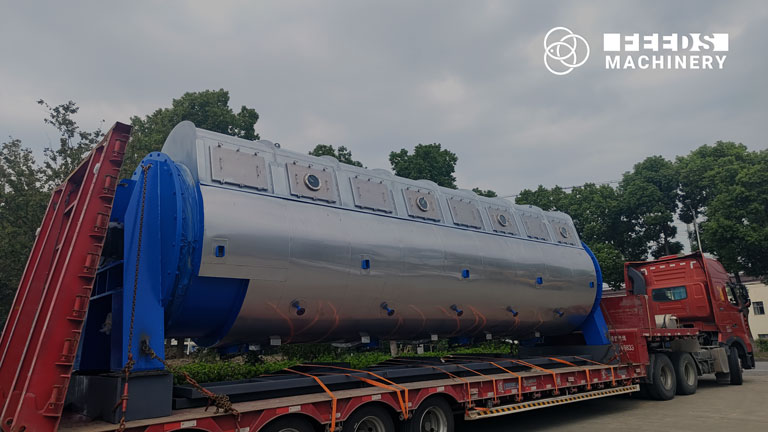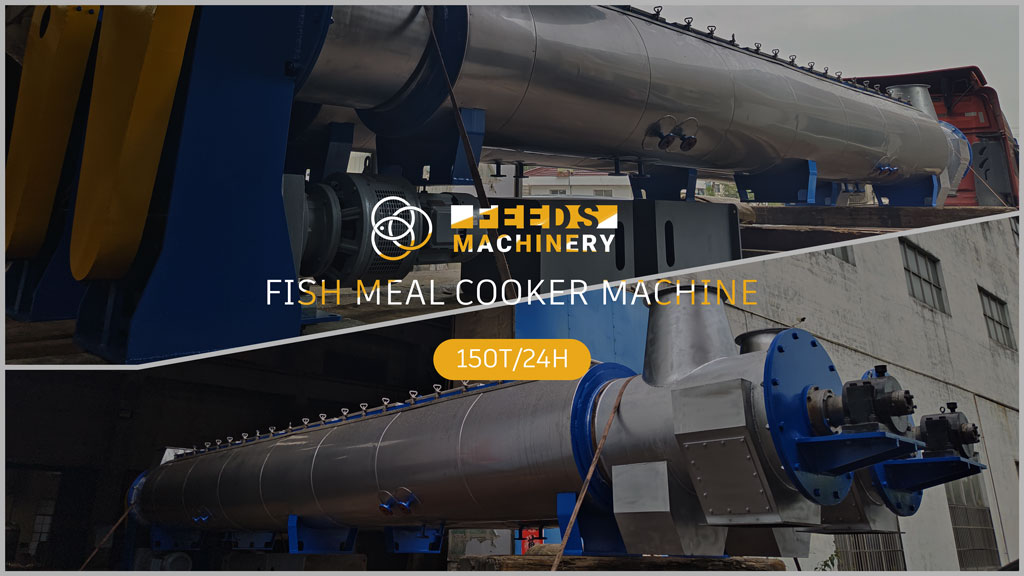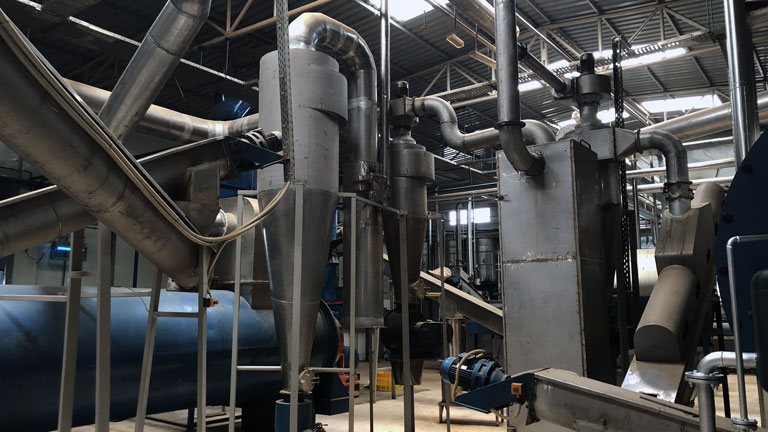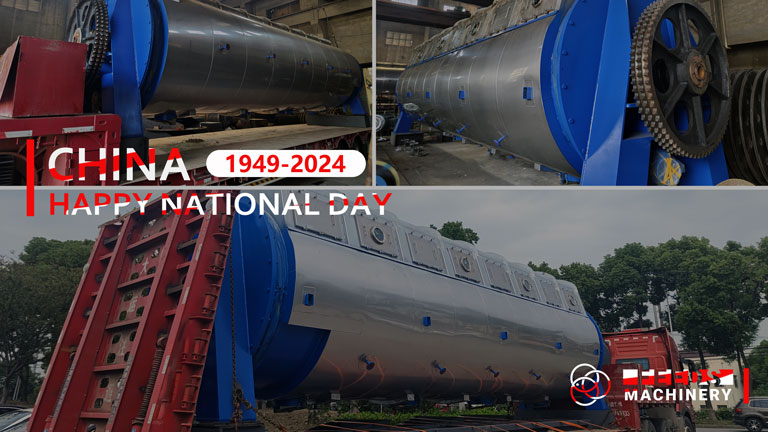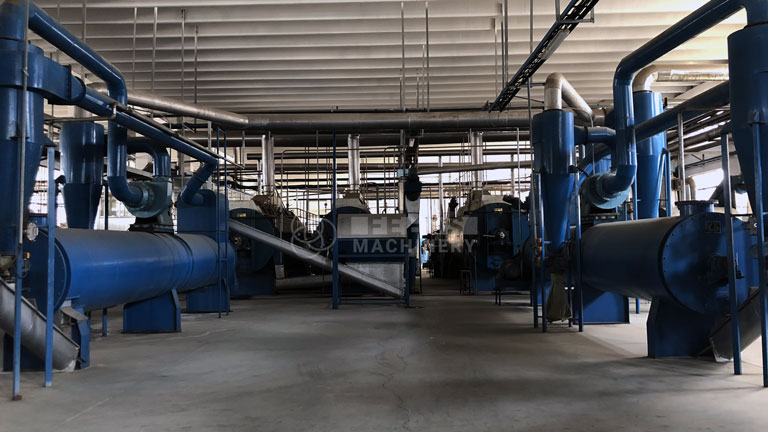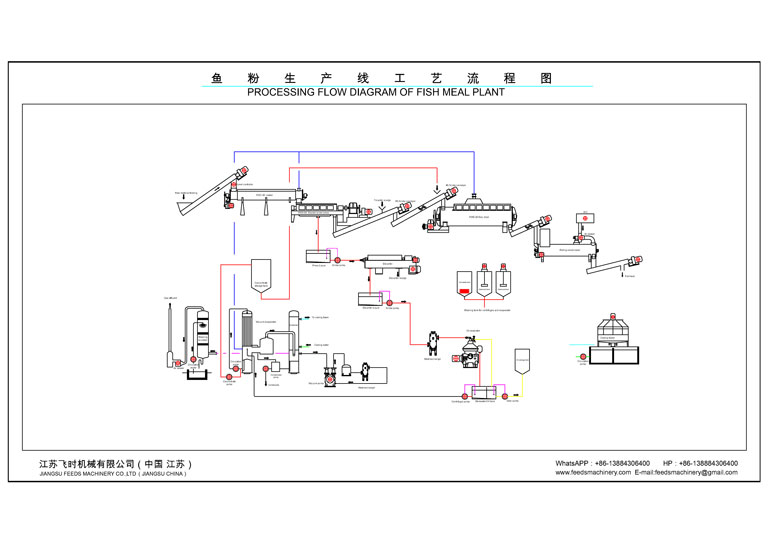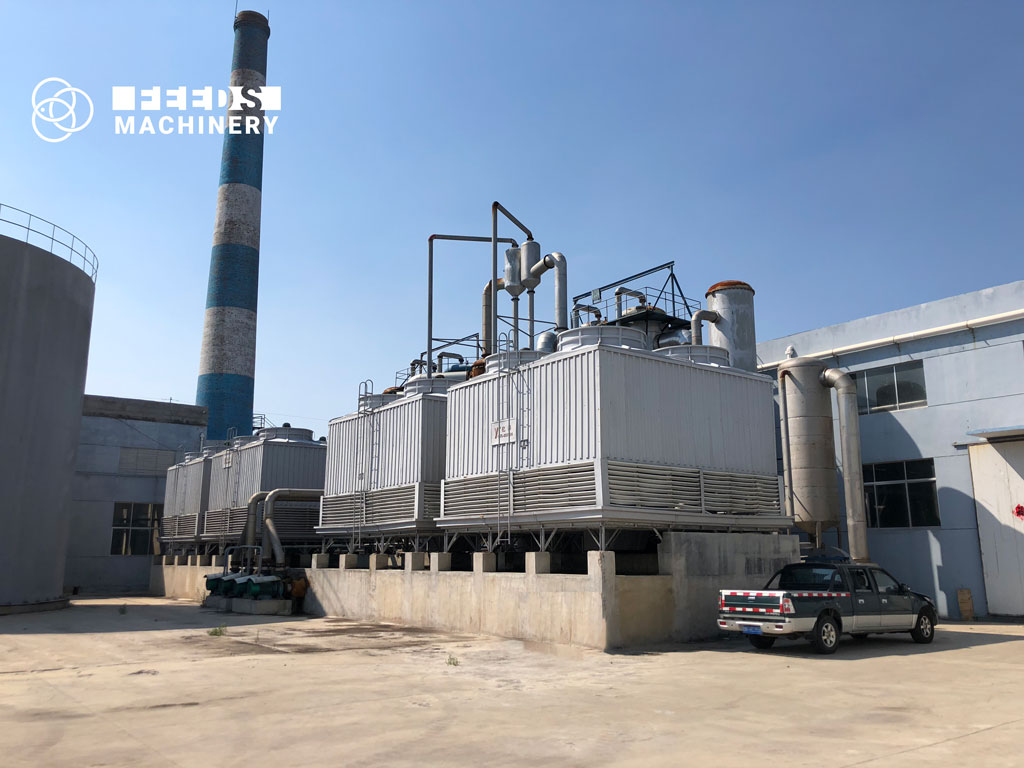
Introduction:
In the bustling world of produzione di farina di pesce plants, efficient waste gas management is paramount to maintaining environmental sustainability and regulatory compliance. This comprehensive guide explores the challenges associated with waste gas produced during the fish meal production process and offers practical solutions for effective management.
Understanding the Challenge:
The production of fish meal inevitably generates waste gas, which can contain odorous compounds, particulate matter, and other pollutants. Left unmanaged, these emissions pose environmental risks and can compromise air quality in surrounding areas.
Key Strategies for Waste Gas Management:
Odor Control Systems: Implementing robust odor control systems, such as biofilters or chemical scrubbers, can effectively neutralize odorous compounds emitted during fish meal production.
Particulate Matter Removal: Installing high-efficiency particulate air (HEPA) filters or electrostatic precipitators can capture particulate matter, preventing it from being released into the atmosphere.
Thermal Oxidation: Utilizing thermal oxidation technology, such as regenerative thermal oxidizers (RTOs) or catalytic oxidizers, can efficiently break down volatile organic compounds (VOCs) present in waste gas streams.
Monitoring and Compliance: Regular monitoring of emissions and compliance with regulatory standards are essential to ensure that waste gas management practices meet environmental requirements.
Benefits of Effective Waste Gas Management:
Reduced Environmental Impact: By minimizing emissions of odorous compounds and pollutants, effective waste gas management helps protect local ecosystems and wildlife habitats.
Enhanced Community Relations: Implementing robust odor control measures can mitigate potential nuisance complaints from nearby residents, fostering positive relationships with the surrounding community.
Regulatory Compliance: Adhering to environmental regulations and standards demonstrates a commitment to sustainability and corporate responsibility, safeguarding the reputation of fish meal production plants.
Conclusion:
In conclusion, proactive waste gas management is vital for ensuring the environmental sustainability and long-term viability of fish meal production plants. By implementing comprehensive odor control systems, particulate matter removal technologies, and thermal oxidation solutions, companies can minimize their environmental footprint and contribute to a cleaner, healthier future for all.
FEEDSMACHINERY is dedicated to providing innovative waste gas management solutions tailored to the unique needs of fish meal production plants. Contact us today to learn more about our advanced technologies and services.

